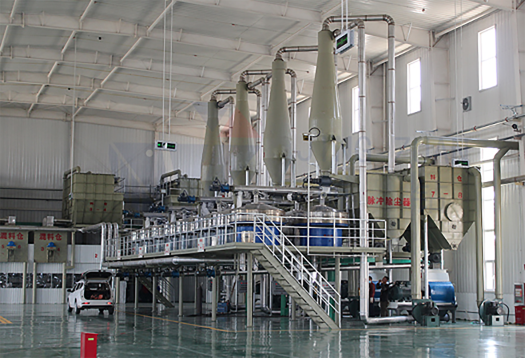
Nov . 22, 2024 06:06 Back to list
hydroxyéthyl cellulose
Hydroxyethyl Cellulose Properties, Applications, and Benefits
Hydroxyethyl cellulose (HEC) is a non-ionic, water-soluble polymer derived from cellulose, a natural polymer obtained from plant cell walls. As a cellulose ether, HEC has garnered significant attention due to its unique properties and a broad spectrum of applications. Its ability to function as a thickening agent, stabilizer, and emulsifier makes it invaluable in various industries, including pharmaceuticals, cosmetics, food, and construction.
Hydroxyethyl Cellulose Properties, Applications, and Benefits
In the pharmaceutical industry, HEC plays a pivotal role in drug delivery systems and the formulation of topical medications. Its thickening properties help to improve the viscosity of gels, creams, and ointments, ensuring that active ingredients are delivered effectively and remain localized on the target area. Furthermore, HEC is often used in ophthalmic solutions due to its ability to enhance the stability and comfort of eye drops, providing a protective barrier and prolonging the contact time of the active ingredients.
hydroxyéthyl cellulose

In the cosmetics sector, hydroxyethyl cellulose is a popular ingredient in skincare and haircare products. Its excellent thickening and emulsifying capabilities help to achieve the desired texture in lotions, shampoos, and conditioners. HEC also contributes to the formulation's stability, preventing the separation of ingredients and enhancing the overall shelf-life of the product. Additionally, it provides a smooth and silky feel upon application, making it a favorite among formulators looking to improve the sensory properties of their products.
The food industry also benefits from the inclusion of hydroxyethyl cellulose in various formulations. It acts as a thickener, stabilizer, and emulsifier, helping to improve the mouthfeel and texture of food products. HEC is commonly found in sauces, dressings, and frozen foods, where it helps to maintain consistency and improve overall quality. Its ability to retain moisture and prevent syneresis (the expulsion of liquid from a gel) is particularly valuable in processed foods.
In the construction industry, hydroxyethyl cellulose is utilized as an additive in cement and mortar formulations. By improving the workability and adhesion of these materials, HEC enhances the overall performance and longevity of construction projects. Its water-retention properties help to prevent premature drying, ensuring optimal curing conditions.
In conclusion, hydroxyethyl cellulose is a versatile and essential ingredient across multiple industries, thanks to its unique properties and functionalities. Its role as a thickening agent and stabilizer, combined with its biocompatibility and biodegradability, positions HEC as a valuable resource in the formulation of various products. As industries continue to explore sustainable and effective solutions, the significance of hydroxyethyl cellulose is likely to grow, paving the way for innovative applications and improvements in product performance.
-
Versatile Hpmc Uses in Different Industries
NewsJun.19,2025
-
Redispersible Powder's Role in Enhancing Durability of Construction Products
NewsJun.19,2025
-
Hydroxyethyl Cellulose Applications Driving Green Industrial Processes
NewsJun.19,2025
-
Exploring Different Redispersible Polymer Powder
NewsJun.19,2025
-
Choosing the Right Mortar Bonding Agent
NewsJun.19,2025
-
Applications and Significance of China Hpmc in Modern Industries
NewsJun.19,2025







